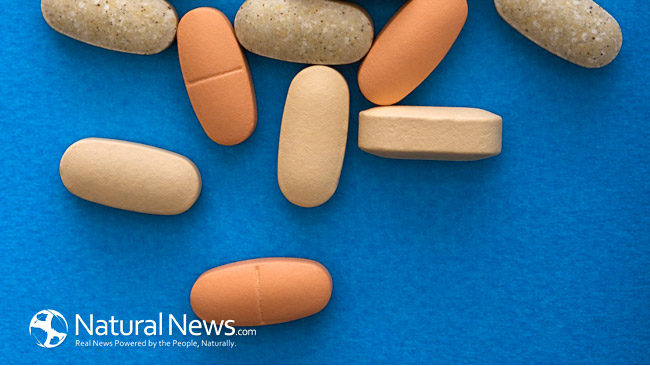We should aware of the importance of iron, especially for a pregnant women. We’re always looking for the best supplements, but at this moment we will focus on one of the nutrient – iron.
Basic Knowledge
Iron, a normal essential from meat, fish, poultry (e.g. turkey), also found in grains, green leafy vegetables, walnuts, dark chocolate and dried fruits. But the iron from animals are double absorbed than those from vegetables source. It will cause a increasing the risk of developing heart disease if intake excessively. But the deficiency of iron is common among in kids, pregnant women and those women when they are in menstruating.
RDA (Recommended Dietary Allowance) for Iron
You may refer to the RDAs as below:
Children from 1 – 3 years old: 7 mg
Children from 4 -8 years old: 10 mg
Children from 9 – 13 years old: 8 mg
Man from 14 – 18: 11 mg
Man from 19 and above: 8 mg
Woman from 14 – 18: 15 mg
Woman from 19 – 50: 18 mg
Woman from 51 and above: 8 mg
Pregnant woman: 27 mg
Lactating woman 18 years old and younger: 10 mg
Lactating woman 19 years old and older: 9 mg
UL (Tolerable Upper Intake Levels) for Iron
Children 13 years old and younger: 40 mg
All Others: 45 mg
But be careful, if you’re taking hormone replacement therapy which means a periodic uterine bleeding, it cause an increasing dose of iron requirement;
On contrary, those people with hereditary hemochromatosis, or women took oral contraceptives may need less dose of daily iron.
A recent research found that an adequate intake of iron by the pregnant women potentially had a lower risk of autism in the children. Commonly, the deficiency of iron will affect about 40% to 50% pregnancy women, as the iron is very important to the early neuron development for fetus, which may intent to ASD (autism spectrum disorder) in their offspring.
Researcher noted that 20% mothers with highest iron intake have an association of approx. 50 percent reduction than the group who are in lowest 20% during the study period (from 3 months before pregnancy through the birth, breast-feeding is also included). There is significant association among the women those are 35 years and older but with a metabolism disease, for example, obesity or diabetes. If they have a low intake of iron will lead to a five-fold risk increasing in ASD, which we should pay more attention to it.
So the best supplements must contains enough iron, which will ensure the health for both of the to-be-moms and fetus. We can intake it either from natural food or some prenatal vitamins.
Source:
http://aje.oxfordjournals.org/content/early/2014/09/22/aje.kwu208.abstract





